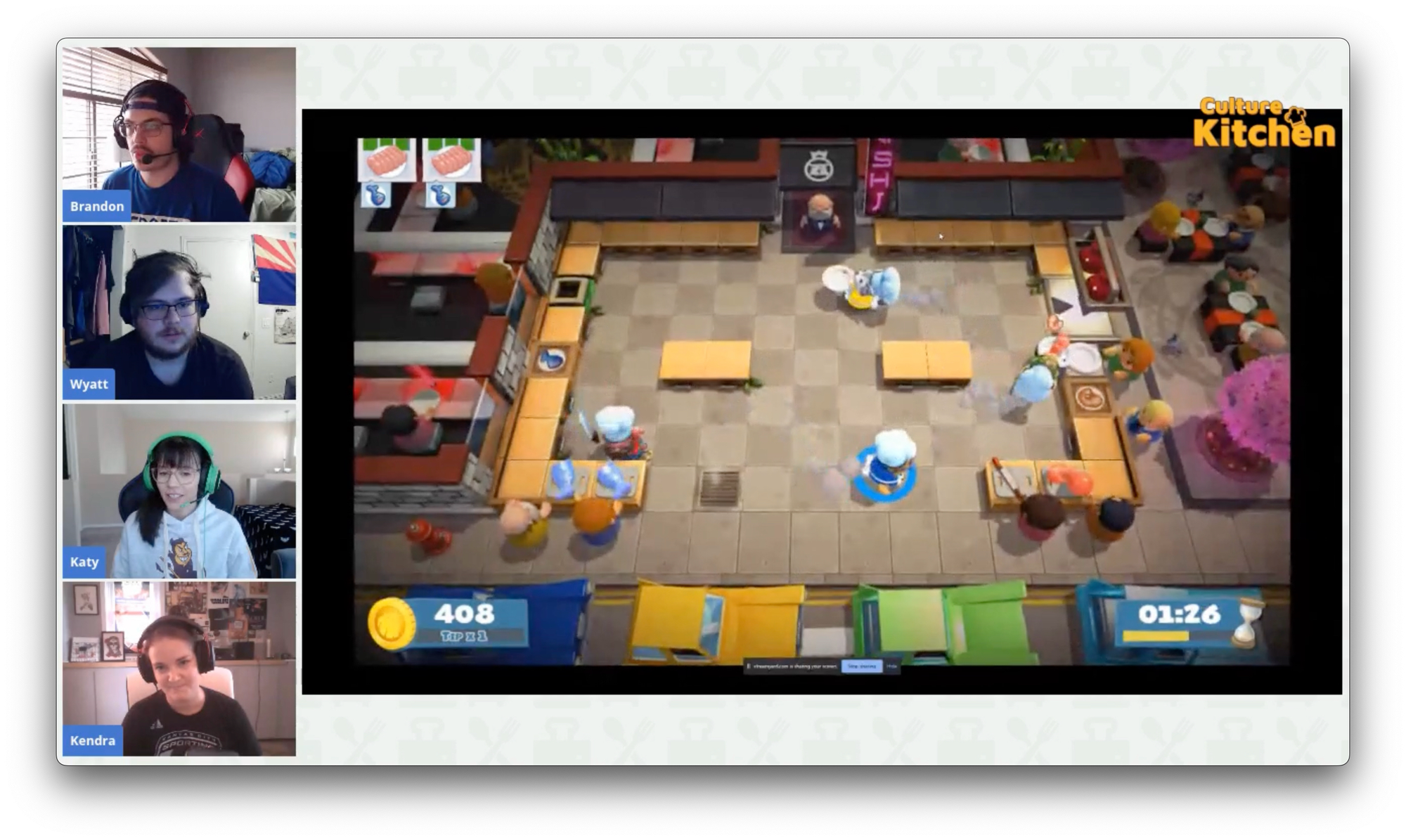Speaking
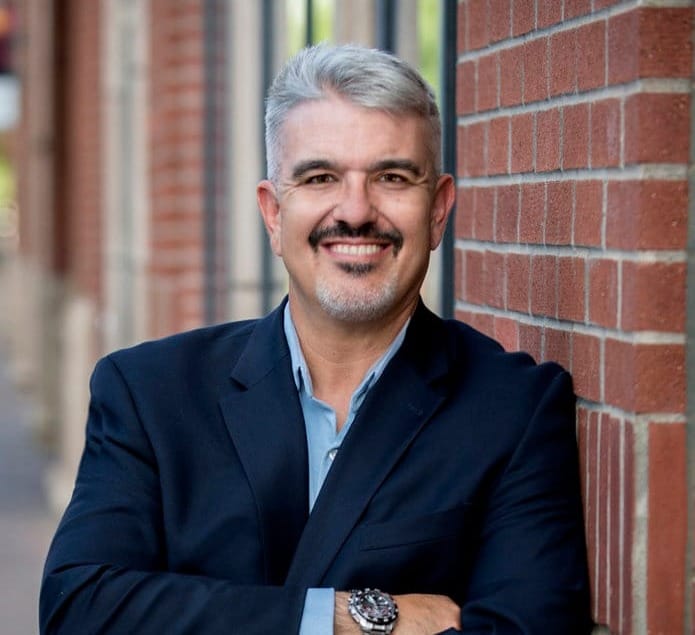
Scott is an accomplished speaker and workshop host. His style is dynamic, interactive, and focused on take away value. He shares his passion and enthusiasm to make topics accessible and fun.
Topics
Scott shares his experience as an entrepreneur, video game executive, and coach to help people make meaningful improvement. His focus is to deliver key insights to help people make impactful changes with minimum effort.
- Where Not What - Taming the Information Overwhelm
- Cheat Code - End your child's video game play time without a fight.
- TeamCraft - Creating team alignment through game-based learning.

Where Not What
Remember one thing, so you can find everything. Scott developed his Where Not What (WNW) system, to simplify his life and manage his ADD brain. Scott often calls his "notebase" his second brain.
With the WNW methodology, you only need to know where to go to find everything you need to know. This system is more than a productivity hack, it also helps you achieve work life balance by balancing personal priorities with professional achievement goals.
This Talk Is for You If
- You feel overwhelmed by all the information you are expected to manage daily.
- Your brain is the tool that ties together all your software tools and processes.
- Your current notes are like "the drunk drawer of ideas" and despite searching, you can never seem to find what you need.
- You find yourself wasting time rebuilding projects from scratch that you know you have built before.
- Distractions cause you to lose momentum and you find it hard to pick up where you left off.
- You read lots of "books" but none of it ever seems to "stick"
Maya Angelou said, "When we know better, we do better."
What is It?
Scott's keynote address explains the principles about how to think about information, and most importantly he gives the audience three key principles for how to work smarter not harder and tame the torrent of information flooding into their lives. He teaches:
- Overcoming "Bad Teaches" - ineffective organization ideas we all learned in school but have never questioned.
- Balancing Roles and Goals.
- Organizing for Action using the GRIT system.
In the Workshop, Scott walks the participants through installing Obsidian, and creating their own PKM vault, so each participant walks out with their own second brain ready to put to use.
Sample Talk
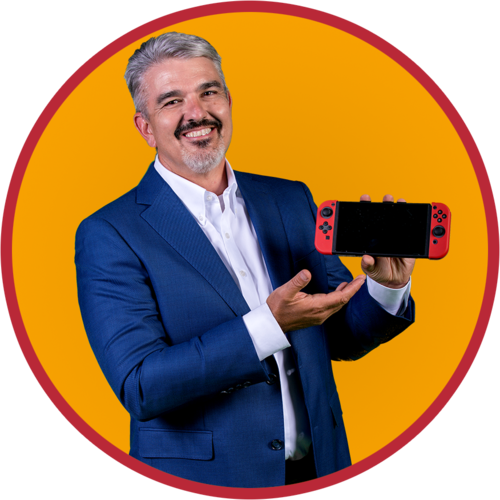
Cheat Code: How to End Video Game Time Without a Fight
Scott created this talk because his entrepreneurial friends wanted him to share his secrets for ending game time without a fight. Every year, Scott's company GameTruck delivers thousands of thousands of video game events, and successfully ends video game play without drama. Scott shares their secret to ending game time, but he also goes beyond to address other concerns parents have over video games. Scott gives parents the tools they need to manage their children's video game time effectively.
A Family Event
This event is most effective when families attend together and participate in the interactive workshop. Recreating the environment of the popular GameTruck video game party concept, parents and kids get to play and experiment with the tools Scott shares during the keynote.
Who this is for
- Parents who struggle to end video game time.
- Parents worried about their child's screen time.
- Parents afraid playing video games is a waste of time.
- Kids of all ages who want to have better conversations with their parents about video games.
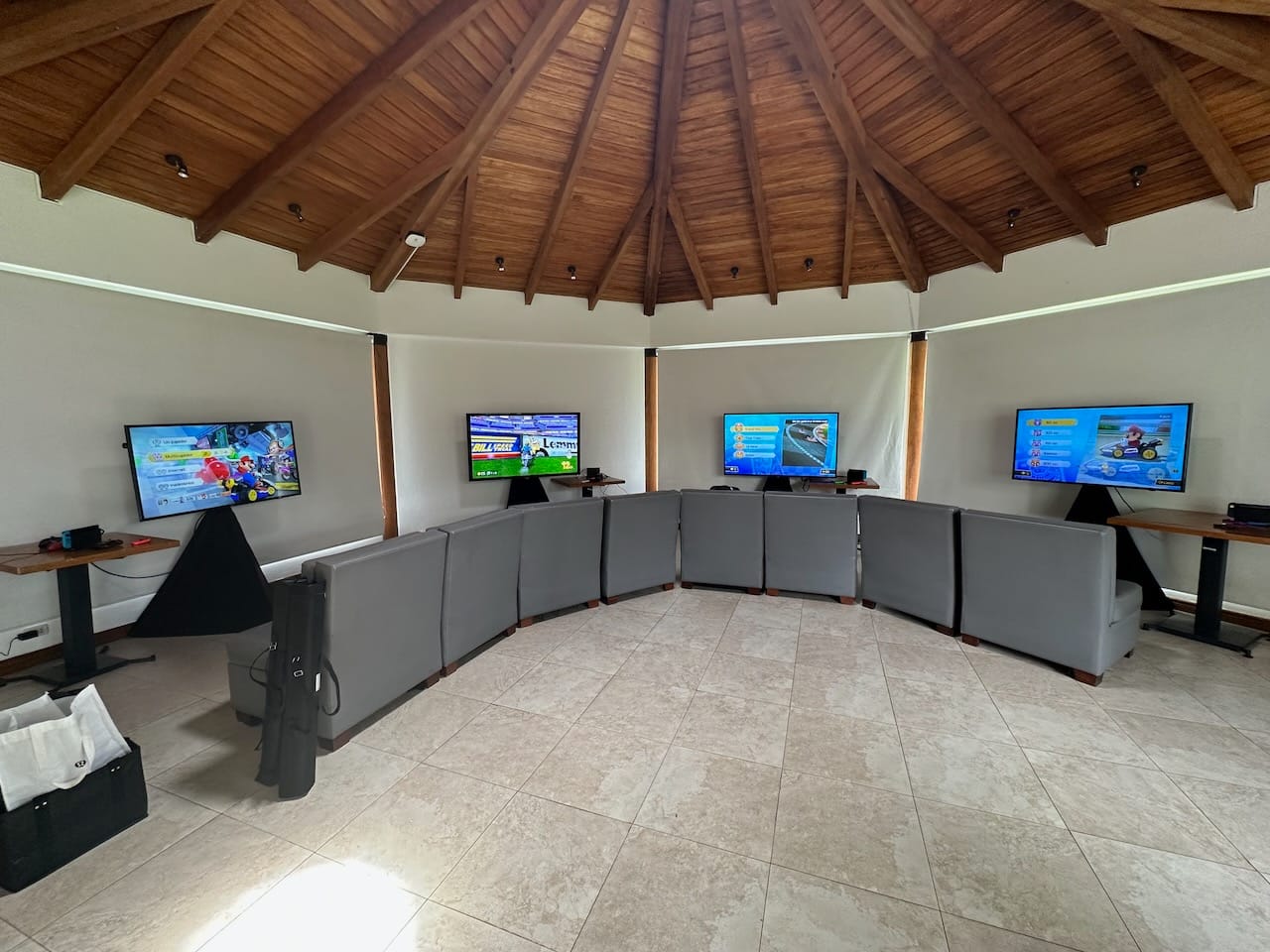
Sample Talk
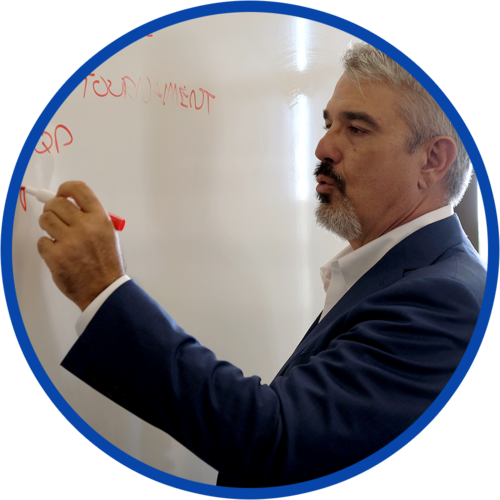
TeamCraft Workshop- Building Team Trust with Game Based Learning
As David Sandler said in his famous book on sales, "You can't learn to ride a bike at a seminar." You can't build team skills just by listening to someone talk about them. You need to practice. Scott is passionate about using the power of play to help people work together better. Using an innovative cooperative video game, he leads participants through an engaging experience designed to help them develop communication and collaborative skills.
Who is This For?
If you manage, or lead, or participate on a team that has these ailments:
- Everything is a competition, and no one supports each other. (Sarcasm & Silence rule)
- People avoid conflict at all costs. (to the point the politeness feels toxic)
- Meetings are lopsided "all talking" and "no listening" affairs.
- No one is accountable, and deadlines are frequently missed.
- People pursue individual agendas.
- There is little cooperation or collaboration.
- Remote, In-person, or Hybrid teams.
The TeamCraft workshop gives team members the skills to improve collaboration and cooperation. Using cooperative video games, participants identify problems, learn solutions, and practice techniques designed to grow team trust and interdependence.
Why does this work?
All people want to be seen as smart and competent. They know what to do, and they know how to do it. However, urgency and uncertainty can threaten that self-image, creating feelings of shame. The most common maladaptive strategy for dealing with that shame is called Impression Management. In this workshop, we walk through how these feelings are generated, and how people can support each other to create a safe learning environment.
In short, professionals hate to learn in front of their peers, but that is exactly what change demands. In this workshop, participants learn how to support each other through change, and develop resilience through practice. As a team the techniques they learn help them adapt quickly to a rapidly changing environment. They experience the satisfaction and power that comes from effective collaboration, and they develop the skills to create that environment.
